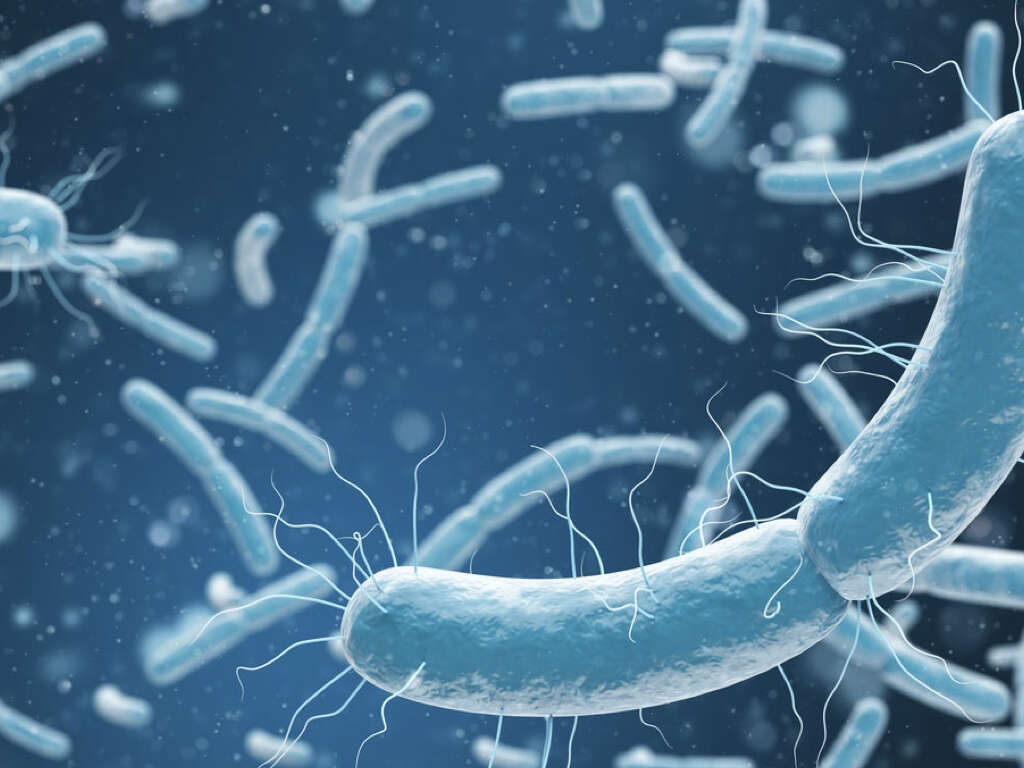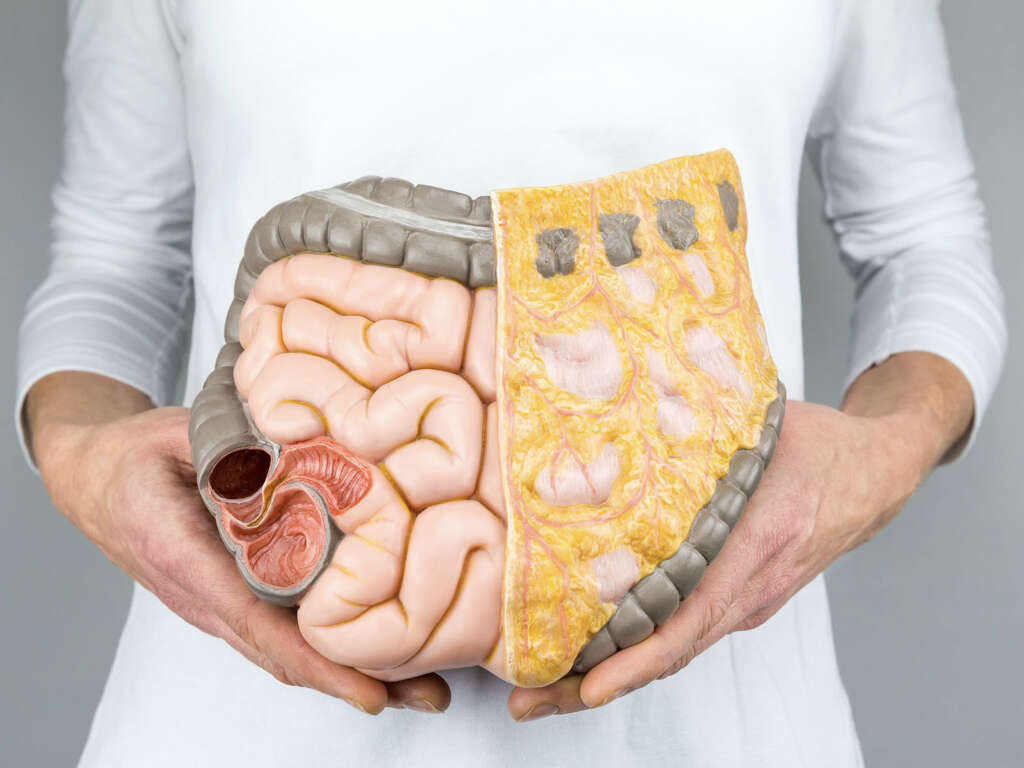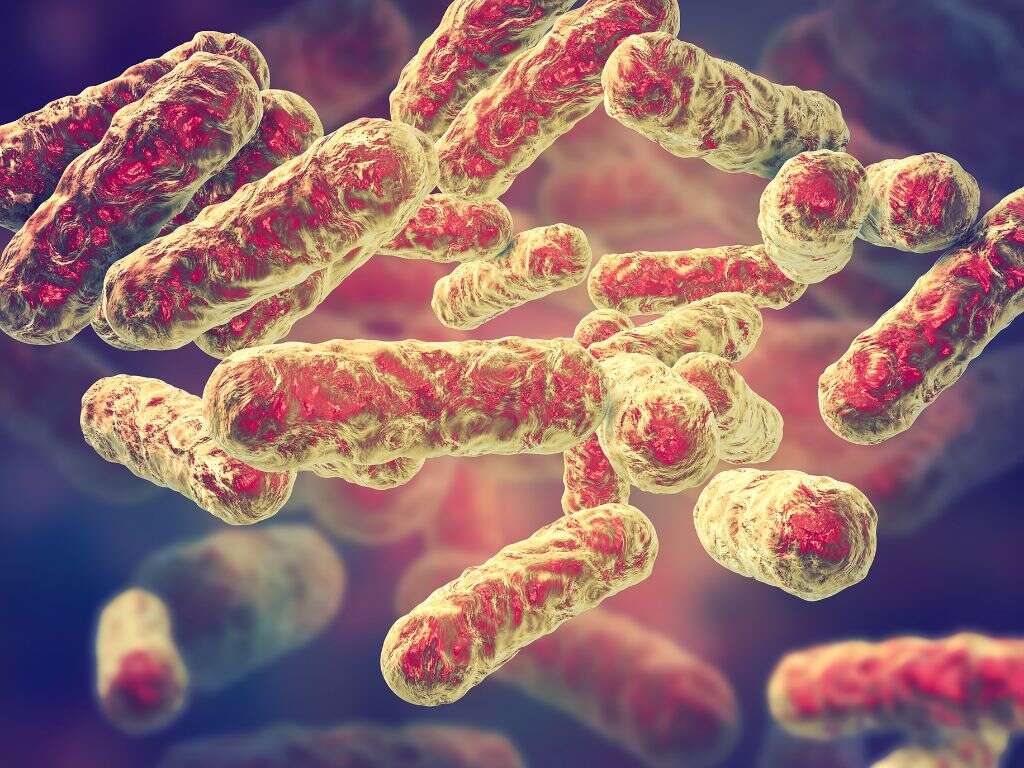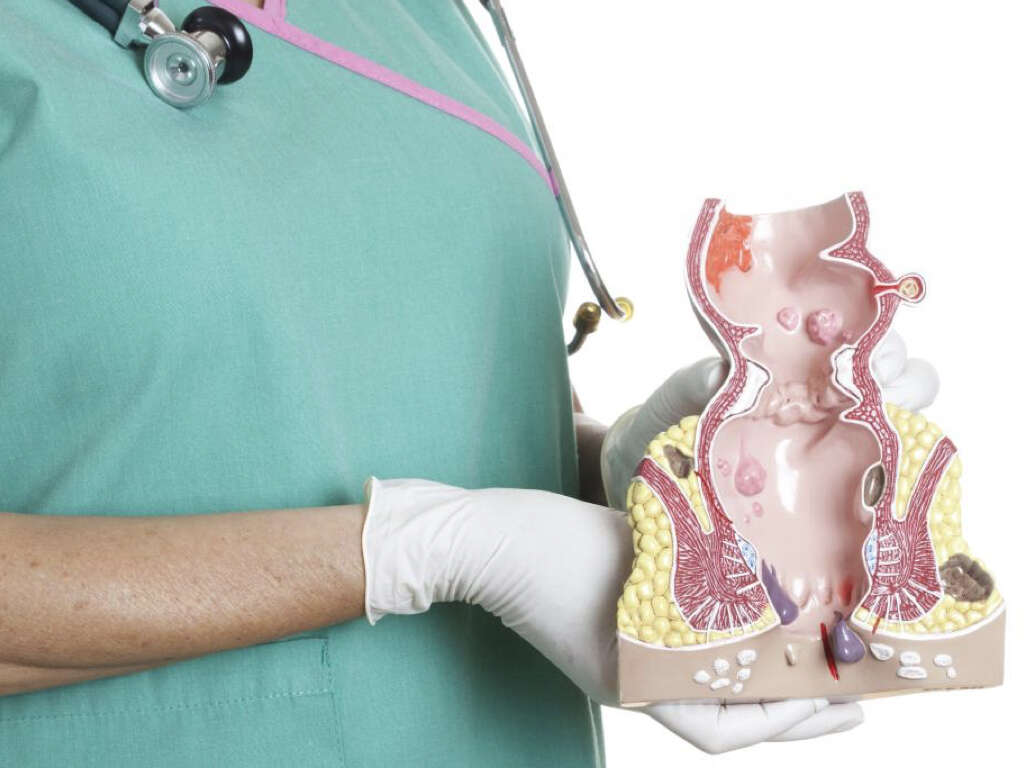10 Diarrhea Causes
Everyone has or at least will experience diarrhea at some point in their life. Diarrhea is the term being used to describe the loose, more watery and more frequent bowel movements that occur for some reason. Most commonly, diarrhea only lasts for a couple of days at most, but it can go as far as to last a couple of weeks as well.
Diarrhea that lasts more than a couple of days is the usual sign that something more serious is happening inside the body - a problem which you must discuss with your doctor. The usual symptoms and signs of diarrhea are - loose, watery, and more frequent bowel movements, abdominal pain, stomach cramps, nausea, fever, the presence of blood in the stool, and bloating. Other symptoms might also be present, depending on the problem that is causing diarrhea in the first place.
Cause #1: Food Poisoning
Food poisoning happens when you eat food that has been contaminated with bacteria (or their toxins), viruses and/or parasites. The first symptoms will probably occur after two to six hours. Symptoms such as stomach cramps, fever, nausea, and vomiting will go along with diarrhea. It usually takes around two days for all of these symptoms to go away, but it can last as long as 2 weeks.
Cause #2: Food Allergy
The most common food allergies are milk, egg, peanut and soy allergies. All of these and many other food allergies usually cause diarrhea to occur whenever the allergic person is exposed to allergen.
If your diarrhea is caused by a food allergy, the first symptoms will develop within minutes to hours after the exposure. It will take around 24 hours for the symptoms to pass. Usually, the watery diarrhea is self-limiting (goes away on its own). Food allergies can be life threatening conditions due to airway obstruction, so patients should seek medical attention as soon as possible after exposure.

Cause #3: Food Intolerance
It is not uncommon for some people’s digestive systems being unable to properly digest certain foods. This is marked as food intolerance and usually results in the presence of gas, diarrhea, nausea and stomach cramps.
Usually, it is the dairy products and artificial sweeteners that cause food intolerance with lactose intolerance affecting around 50 million Americans right now - a number that is expected to grow in the years to come.
Cause #4: Inflammatory Bowel Disease
Inflammatory bowel disease includes Crohn’s disease and ulcerative colitis. Both of these conditions are chronic diseases of the digestive tract, both of which happen to cause chronic diarrhea as one of the most common symptoms.
Since we are talking about chronic diarrhea, it lasts for over four weeks, and there is usually the presence of blood or mucus in the stool. Other symptoms that might also develop are nausea, vomiting, weight loss, abdominal pain, and fever.
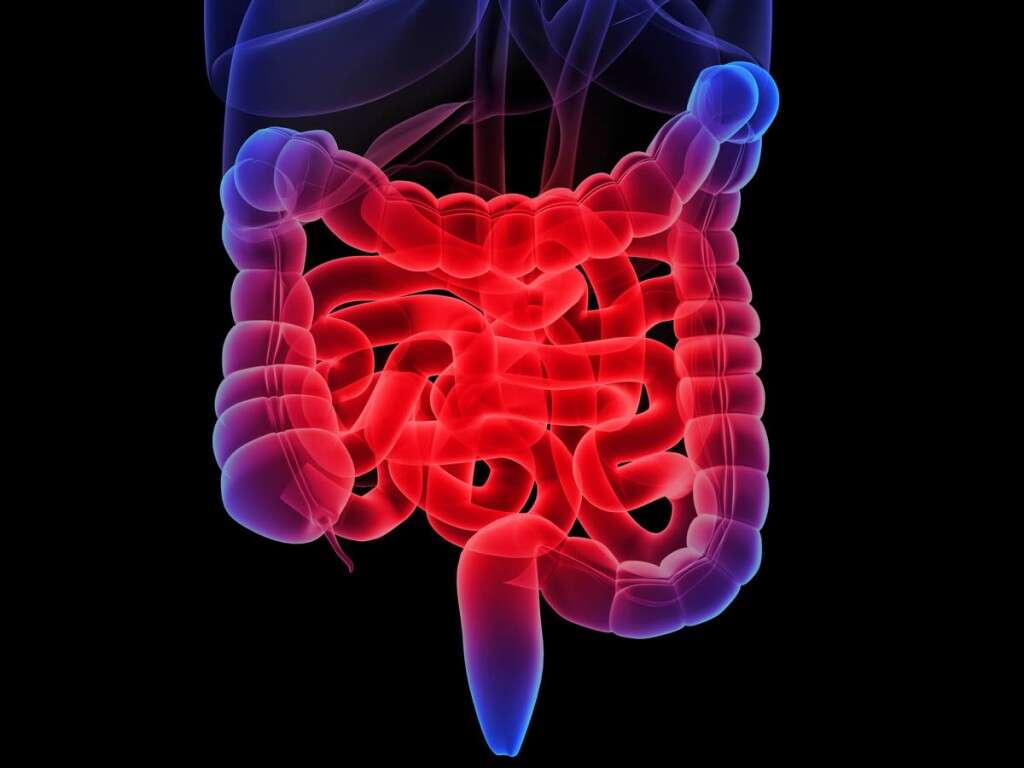
Cause #5: Irritable Bowel Syndrome
Chronic diarrhea, abdominal pain, and constipation are the three most common symptoms of irritable bowel disease. In the case of irritable bowel disease, chronic diarrhea can last for as much as six months, in some cases even more.
Although diarrhea, in this case, is not triggered by any specific foods, it is suggested that certain foods may increase the presence of symptoms more as compared with other foods. It is suggested that for anyone who has been diagnosed with irritable bowel disease and suffers from chronic diarrhea, should be tested for celiac disease as soon as possible.
Cause #6: Celiac Disease
Celiac disease is a serious, autoimmune disease which is triggered by consuming gluten. Whenever a person with celiac disease consumes gluten, their immune system damages the specific cells within their small intestine, resulting in permanent gut damage. If left untreated, celiac disease poses a great threat towards the life of the patient. Approximately 1 in 133 Americans suffer from celiac disease.
Chronic diarrhea is considered to be the first and most common symptom of celiac disease. Unexplained weight loss and fatigue are also quite the common symptoms of celiac disease. Celiac disease requires treatment as soon as possible to prevent any further damage. A gluten-free diet is the usual treatment plan for these patients.

Cause #7: Certain Medications
If you read the instructions, you will quickly learn that many medications have diarrhea listed as a common side-effect. It is usually antibiotics, antacids, blood pressure medications and chemotherapy that are considered to cause diarrhea to occur in most cases.
What happens is the medications alter and change the bacteria in your gut causing certain imbalances which usually results in diarrhea among other digestive problems. If you are experiencing chronic diarrhea as a side-effect, make sure that you hydrate well and consult your doctor about a possible change of medications.
Cause #8: Stomach Flu
We all have had our experience dealing with the stomach flu. Causing nausea, vomiting, fever, and diarrhea. The stomach flu usually is self-limiting, requiring only symptomatic relieve. Diarrhea often lasts up to two weeks.
Dehydration signs should be taken into consideration, especially in the elderly and pediatric patients. It is important to seek medical attention for proper diagnosis and treatment.

Cause #9: Traveler’s Diarrhea
Traveler’s diarrhea is the term that is being used to describe diarrhea that occurs after the person has eaten food or drank water that has been contaminated with bacteria and parasites while visiting a new place. In most cases, the traveler’s diarrhea passes within a few days.
The diarrhea is explosive, watery and sometimes it can even contain mucus or blood. Anyone who has recently visited an exotic country should schedule a visit to their doctor’s office to do a general check-up.
Cause #10: Appendicitis
Appendicitis is the condition in which there is an ongoing inflammation of the appendix. It is suggested that one in every five appendicitis patients suffer from diarrhea as one of the most common symptoms. Because of the present blockage and infection of the appendix, digestive problems are expected to develop.
Appendicitis is often diagnosed in its late stages, which leads to an increasing percentage of complications. Diarrhea is an important symptom that should be reported to the doctor for appendicitis to be diagnosed early for further complications to be prevented.



